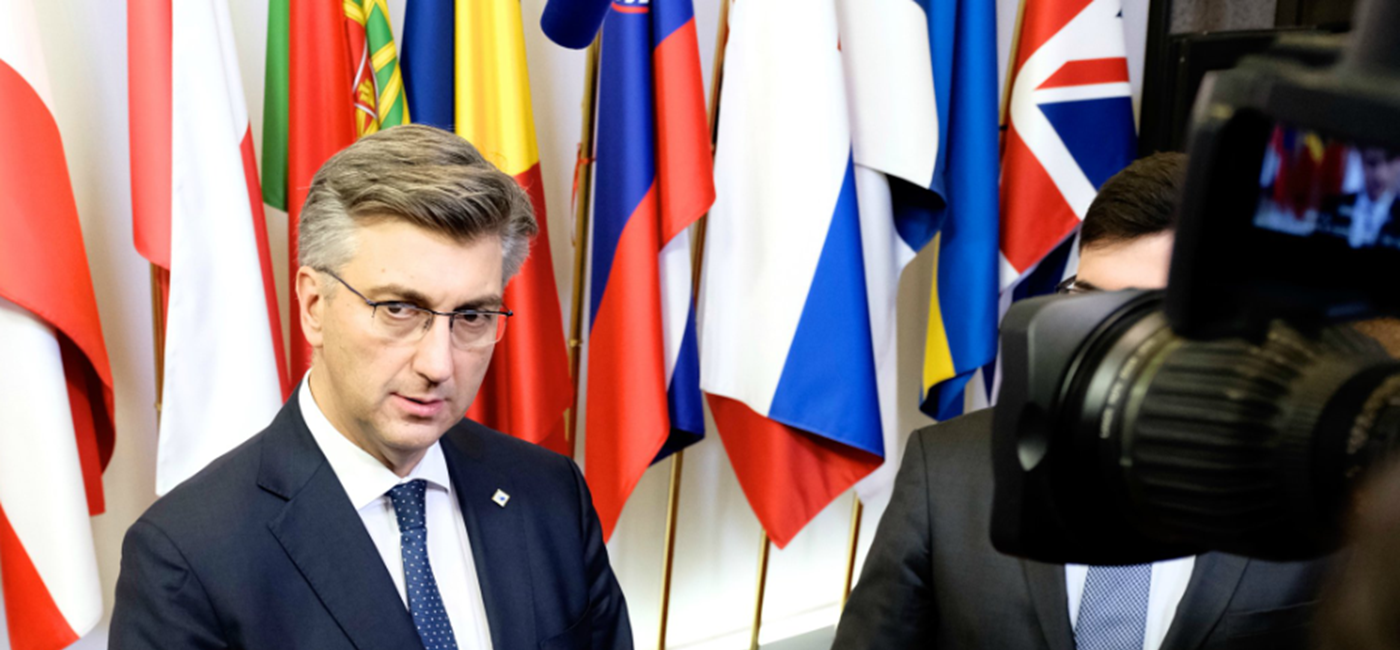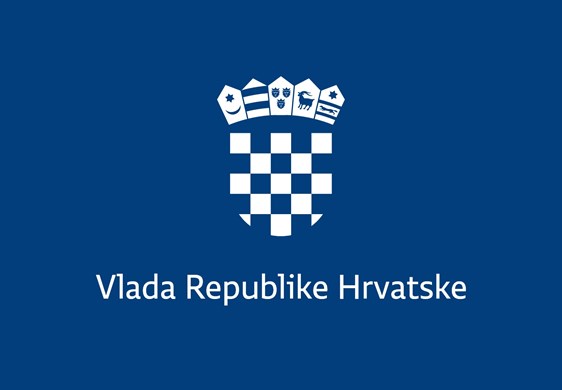"I think we can be pleased with this outcome and this compromise. From the point of view of Croatia and our national interests, I think each of these candidates, especially the Commission President nominee, is a very good solution for Croatia," Plenkovic told the press after the EU summit.
After three days of arduous negotiations, the leaders of the EU member states agreed on the new heads of the European institutions. German Defence Minister Ursula von der Leyen was nominated European Commission President, Belgian Prime Minister Charles Michel would head the European Council, France's Christine Lagarde was nominated President of the European Central Bank, and Spanish Foreign Minister Josep Borrell would be the next High Representative for Foreign Affairs and Security Policy.
"We have had excellent cooperation with Ursula von der Leyen. She knows Croatia well, she has visited our country and we have often seen each other at international events. She believes in the European project and has great experience, and I believe that she, the first woman to head the Commission, will do this job very well," Plenkovic said.
Speaking of Charles Michel, Plenkovic said that they had been cooperating in the European Council for the last three years, adding that Josep Borrell, who recently visited Zagreb, and the globally known Frenchwoman Christine Lagarde, head of the International Monetary Fund, were also good solutions.
Plenkovic reiterated that in the process of selection of European leaders he had not been a candidate "nor had this option ever been on the table", even though there had been speculation about it in the European media.
"As far as Croatia is concerned, we have achieved a mega victory with the election of (Foreign Minister) Marija Pejcinovic Buric (as the Secretary General of the Council of Europe). Anyone following European politics will realise that it is not realistic that a country which has roughly 0.8 percent of the European population, which contributes one percent into the European budget and which has been a member for only six years, has its people in all positions and in just five days," the PM said.
He said that preconditions had been created to achieve good cooperation with all the nominees in promoting Croatia's interests in the European institutions.
"We are actors here and, I may well say, ones that played in a category much above our weight, regardless of the fact that I have lost some weight. We played a very good game and everyone respects us: both the biggest countries and medium-sized countries and countries of our category. That's plain to see. You can't achieve this kind of credibility overnight, but only by making an effort, by explaining and promoting your views as we have done in the last three years," Plenkovic said.
Asked if French President Emmanuel Macron alluded to him when he said on Monday that some leaders had shown personal ambitions during the negotiations, Plenkovic replied in the negative. "That's got nothing to do with me. I personally asked him that, because I can see that some people are trying to interpret it that way, and he said it was totally incorrect. Emmanuel and I are on good terms. You know that I speak French very well, there are several of us there who do. We respect each other and we both advocate our own views."
Plenkovic said that yesterday would be remembered as the day when an agreement between the two largest and most influential member states was rejected for the first time. Germany and France had come to the summit with the proposal that Dutch Social Democrat Frans Timmermans be nominated Commission President and that the post of European Parliament President go to the European People's Party (EPP).
"We stood by our principled views, which we are confident are good, and showed that even smaller countries can do something if they back their views with valid arguments," Plenkovic said. He said that the Socialists and Liberals did not want the EPP to get the post of Commission President and that their arguments against the EPP candidate Manfred Weber were only a pretext.
"We didn't want to give in for national reasons. In the post of Commission President we wanted to have someone with whom we would have good and close political relations. It made no sense to us that our candidate should not have the most important role and we won the election for the Parliament. We couldn't accept and allow that. I can't agree to someone who came second or third becoming first, I simply can't, especially since we are a coalition. I am confident we did the right thing," Plenkovic said while explaining his opposition to the previous proposal under which Timmermans was to become Commission President.
The concept of spitzenkandidat, under which the President of the Commission should be the candidate proposed by the party that wins the European Parliament election, did not pass this time, unlike in 2014 when the outgoing Commission President Jean-Claude Juncker was elected.
Plenkovic said that it should be determined before the next election what changes should be made to EU election legislation. He said he had suggested that the new European Council President Charles Michel set up a task force to analyse what was not good in this concept so that changes could be made in good time.
Asked who would be a Croatian commissioner and what department would be assigned to them, Plenkovic said that the government would decide this in the autumn.
Commenting on his exchanges with the former prime minister and now the presidential candidate of the Social Democratic Party, Zoran Milanovic, Plenkovic said: "He would have been happy had Croatia been so strong while he sat on the European Council."
Text: Hina



